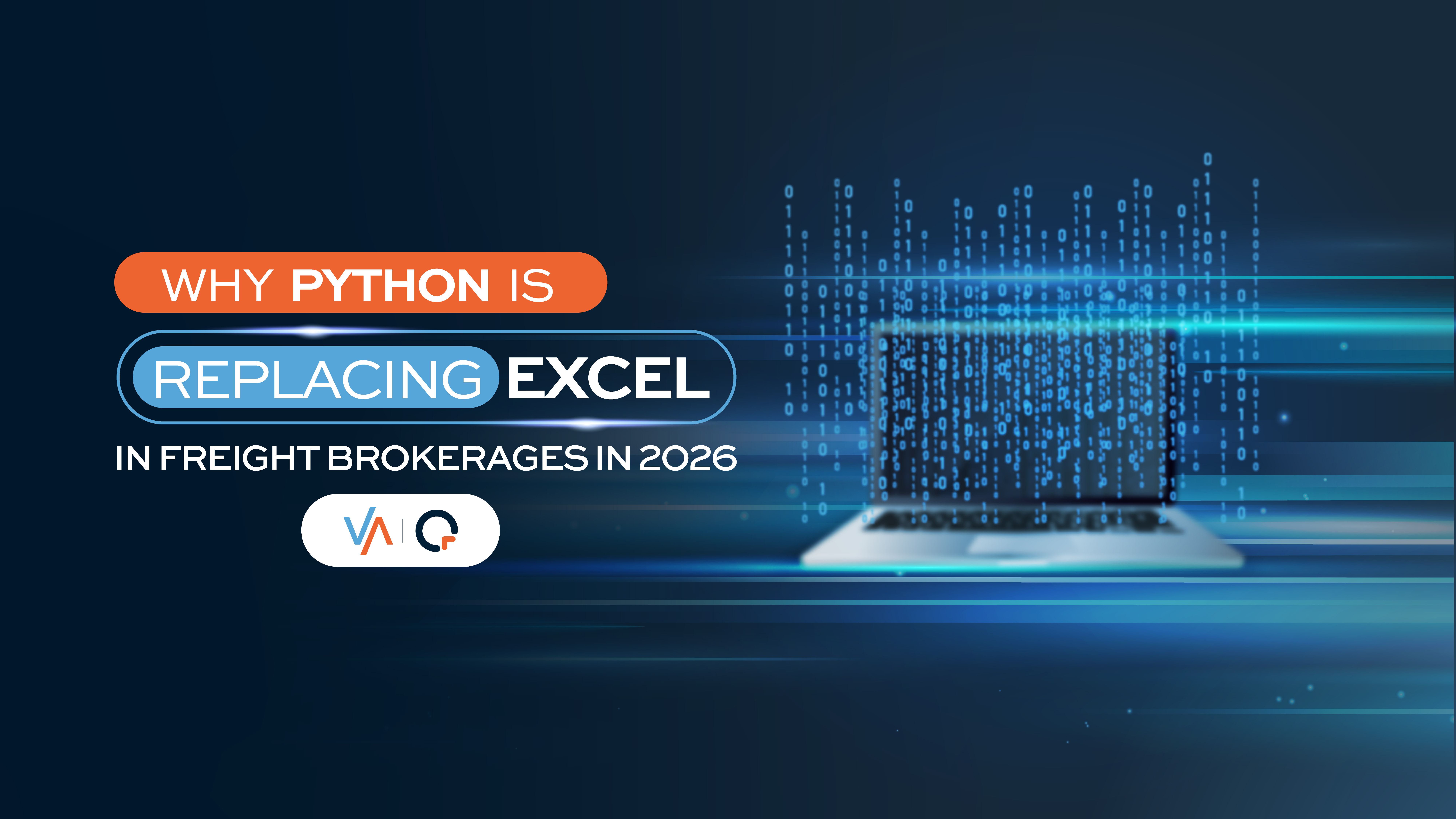Single Post
- Home
- Single Post

AI Talent for 3PLs in 2026: Why Nearshore Staffing Is Your Competitive Edge
The third-party logistics sector is experiencing a fundamental shift in how operations are managed, optimized, and scaled. As we approach 2026, artificial intelligence is no longer a peripheral investment, it’s becoming the operational backbone of competitive 3PLs. Yet the conversation shouldn’t center solely on technology adoption. The more pressing question for logistics executives is: Do we have the right people to execute our AI strategy?
What AI Actually Does for Modern 3PLs
Today’s AI applications in logistics extend far beyond basic automation. Machine learning models are now predicting demand fluctuations with 85-90% accuracy, enabling dynamic inventory positioning that reduces both stockouts and carrying costs. Computer vision systems are revolutionizing warehouse operations, not just for picking and sorting, but for real-time quality control, damage detection, and even predictive maintenance on material handling equipment.
Natural language processing is transforming customer service operations, with AI agents handling routine shipment inquiries while escalating complex issues to human specialists. Meanwhile, advanced optimization algorithms are solving multi-variable routing problems in seconds, considering factors like traffic patterns, delivery windows, fuel costs, and carbon footprint simultaneously.
Perhaps most critically, AI is enabling true end-to-end visibility. By ingesting data from IoT sensors, TMS platforms, carrier APIs, and even weather services, machine learning systems can predict disruptions before they cascade through the supply chain and automatically trigger contingency protocols.
The 2026 Staffing Blueprint: Roles 3PLs Need Now
To capitalize on these capabilities, 3PLs must fundamentally rethink their organizational structure. Here are the critical roles that should be in your 2026 staffing plan:
Data Engineers who can build and maintain the infrastructure that feeds AI systems. These professionals create data pipelines that consolidate information from disparate WMS, TMS, and ERP systems into unified, analysis-ready formats.
Machine Learning Engineers who specialize in logistics applications, meaning professionals who understand the nuances of supply chain constraints, seasonality patterns, and the business logic that makes predictions actionable.
AI Operations Specialists who can bridge the gap between data science and daily operations. These hybrid roles monitor model performance, identify drift or degradation in predictions, and work with both technical teams and warehouse managers to continuously refine systems.
Business Intelligence Analysts with advanced analytics capabilities who translate AI outputs into strategic insights for executive decision-making, turning raw predictions into scenario planning and what-if analysis.
Automation Integration Specialists who can implement and maintain the robotic systems, IoT sensors, and edge computing devices that generate the data AI systems require.
Why 3PLs Nearshore Staffing Is the Strategic Solution
The challenge is acute: domestic talent markets can’t supply these specialized roles at the velocity and volume 3PLs require. A Machine Learning Engineer with logistics domain expertise commands $150K-$200K in major U.S. markets—and they’re often already employed by tech giants or well-funded startups.
3PLs nearshore staffing strategies are emerging as the solution that balances cost, quality, and operational effectiveness. Latin America has become a powerhouse for technical talent, with countries like Mexico, Colombia, and Argentina producing thousands of data science and engineering graduates annually. These professionals bring:
- Real-time collaboration: Nearshore teams work during overlapping business hours, enabling daily standups, immediate troubleshooting, and agile sprint cycles that offshore arrangements can’t match.
- Cost efficiency without compromise: Access to senior-level AI talent at 40-60% lower cost than U.S. equivalents, allowing 3PLs to build larger, more capable teams within existing budgets.
- Rapid scalability: The ability to scale teams up for major implementations (like peak season preparation or new client onboarding) and right-size afterward without the friction of traditional hiring.
- Cultural and linguistic alignment: Strong English proficiency and business cultures that mirror U.S. expectations, reducing the miscommunication that often derails technical projects.
Building Your 2026 AI Team Today
The 3PLs that will dominate in 2026 are making staffing decisions now. They’re building hybrid teams where nearshore data engineers work alongside domestic operations managers. They’re creating career pathways that blend logistics expertise with technical upskilling. And they’re partnering with staffing providers who understand both the AI talent landscape and the specific demands of logistics operations.
The question isn’t whether AI will transform your operations—it’s whether you’ll have the team in place to drive that transformation. For forward-thinking 3PLs, nearshore staffing isn’t just a cost strategy. It’s a competitive imperative.


